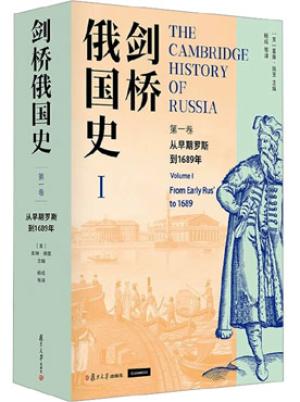
 |
登入帳戶
| 訂單查詢
| |
||
| 臺灣用戶 |
| 品種:超過100萬種各類書籍/音像和精品,正品正價,放心網購,悭钱省心 | 服務:香港/台灣/澳門/海外 | 送貨:速遞/郵局/服務站 |
|
新書上架:簡體書
繁體書
八月出版:大陸書
台灣書 |
|
share:
|
||||
|
新書推薦:  《 哲学之旅(第8版):一种互动性探究(最新完整版,2025中国-东盟影响力图书) 》 售價:HK$ 164.8  《 何以为帝:雍正继位新探(清史泰斗冯尔康,从继位疑案读懂中国封建皇权,看清人性与制度的极致博弈) 》 售價:HK$ 74.8  《 元照英美法词典(简装学生版) 》 售價:HK$ 108.9  《 防患于未“燃”:故宫历史上的火灾与消防(在故宫) 探秘故宫防火智慧 解码古建营造技艺 》 售價:HK$ 86.9  《 从家族企业到商业世家:创业家族世代繁荣的路线图 》 售價:HK$ 86.9  《 敦煌石窟乐舞图像研究 》 售價:HK$ 184.8  《 剑桥俄国史 第一卷 从早期罗斯到1689年 》 售價:HK$ 269.5  《 原来数学还可以这样学 》 售價:HK$ 87.8 |
|
| 書城介紹 | 合作申請 | 索要書目 | 新手入門 | 聯絡方式 | 幫助中心 | 找書說明 | 送貨方式 | 付款方式 | 香港用户 | 台灣用户 | 海外用户 |
| megBook.com.hk | |
| Copyright © 2013 - 2025 (香港)大書城有限公司 All Rights Reserved. | |